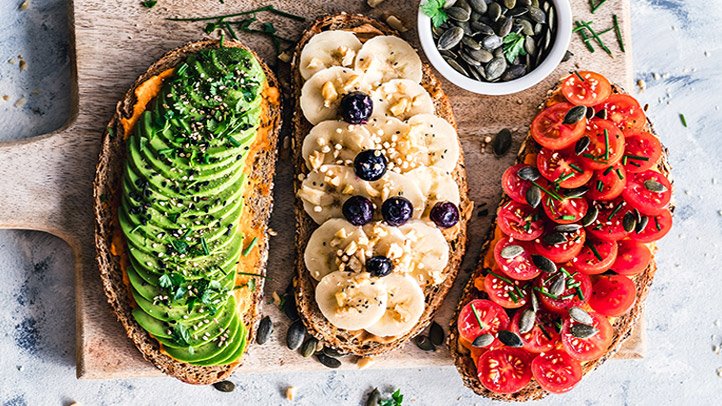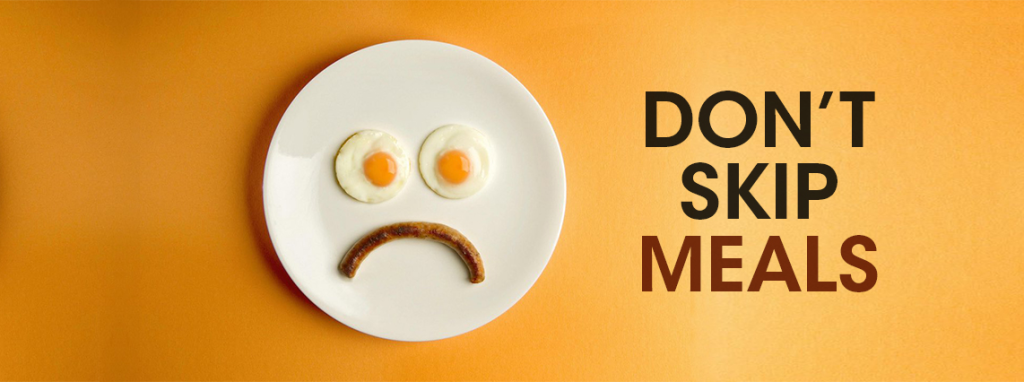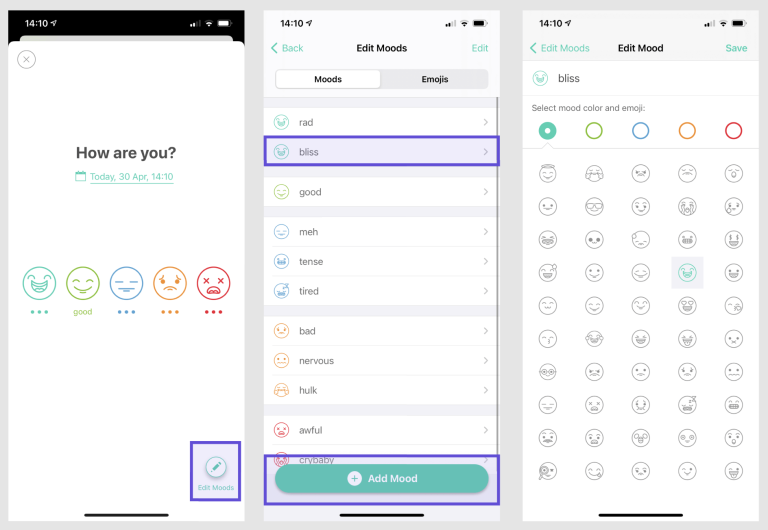Here are powerful and solid approaches to commence your weight reduction—and, indeed, it will require some serious energy!— all without starving yourself, squandering cash on supplements, or rebuffing your body with the workout.
Rather, attempt a couple of these tips. We have made sure that you’ll get the best, longest-enduring outcomes from changes that don’t leave you depleted and longing for pizza.
1. Pick quality over quantity
“In case you use a larger number of calories than you take in, you ought to get in shape,” says Alicia Romano, RD, LDN, a clinical enrolled dietitian, In any case, you would prefer not to be so hyper-centered around calories that you avoid a healthy eating routine, she says.
On the off chance that you focus on the quality of food, there’s a decent possibility you’ll eat progressively nutrient-based thick alternatives that leave you satisfied

2. Track your eating routine
To begin with, recall that no food is intrinsically positive or negative, Dr. Seltzer says. What’s more, if writing down all that you eat in a day causes you to feel blameworthy or on edge, simply avoid this altogether.
All things considered, individuals who track what they eat will in general be progressively effective in getting thinner since it brings issues to light about what they’re noshing on, says Dr. Mayer-Davis. A progression of studies distributed in the Journal of Personalized Medicine proposes that those utilizing applications to screen their eating regimen and movement were bound to see a change in their weights.

Clearly, these applications (you know the ones) won’t work in the event that you don’t include all that you eat. You’ve gotta be reliable and legitimate about what you intake.
3. Concentrate on plants
A 20-year investigation of in excess of 100,000 individuals, distributed in the American Journal of Clinical Nutrition, scientists found the individuals who ate all the more entire grains rather than refined grains, and favored tea and espresso instead of improved beverages and juices, putting on less weight in the long term.
In another investigation of in excess of 1,000 individuals, distributed in the Journal of General Internal Medicine, specialists found that people following a vegetarian diet and rich in whole grains, organic products, produce, nuts, and vegetables, lost more weight than calorie counters on different plans—even the low-carb Atkins diet—over a similar time length.
Since fiber (like protein and fat) eases back the absorption procedure and upgrades totality and supplement consumption at supper time, a plant-based eating regimen can assist you with feeling satisfied longer in the wake of eating.

4. Make little food swaps
The most ideal approach for weight reduction is to join little changes into existing habits and activities, as indicated by The European Journal of Obesity. So instead of eating heavy make it light by swapping the ingredients. Swap your 300-calorie bar for a 150-calorie At the point when we focus on little food trades, we really adjust new practices.
Whatever you pick, simply ensure your attention is on “little sensible changes,” that way you’re bound to finish for an all-encompassing timeframe, as opposed to only a couple of days or weeks.

5. Try not to skip meals
Eating at standard intervals during the day improves your glucose control, which means you maintain a strategic distance from the spike and crash that accompanies eating a major dinner on a vacant stomach, says Romano. At the point when you abstain from eating when you’re ravenous, you’re inviting hunger pains, food longings, and tiredness—all of which can prompt nibbling on nourishments high in fat and sugar.

Besides, when you come up short on calories before going out to supper with companions or friends you end up eating more than what your body needs. So make sure never to skip your meals






